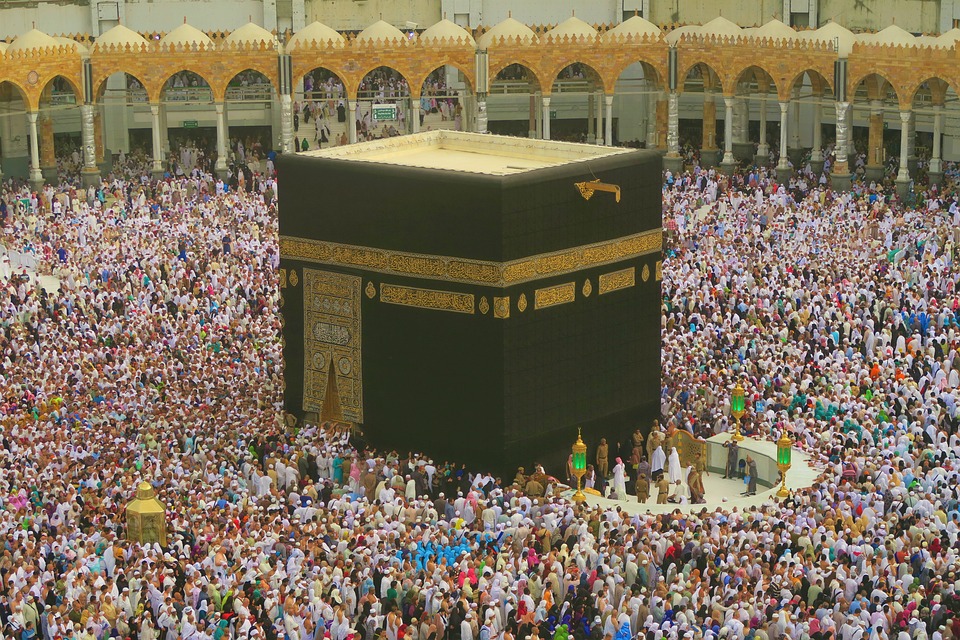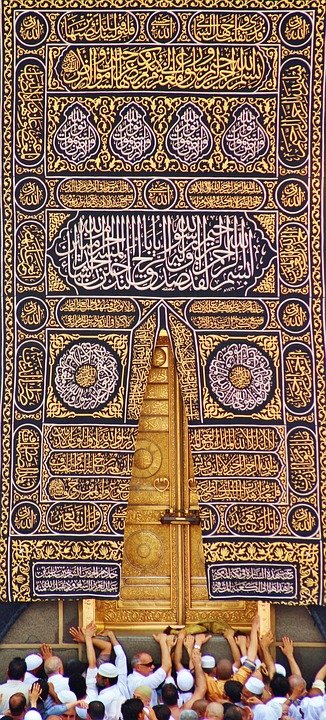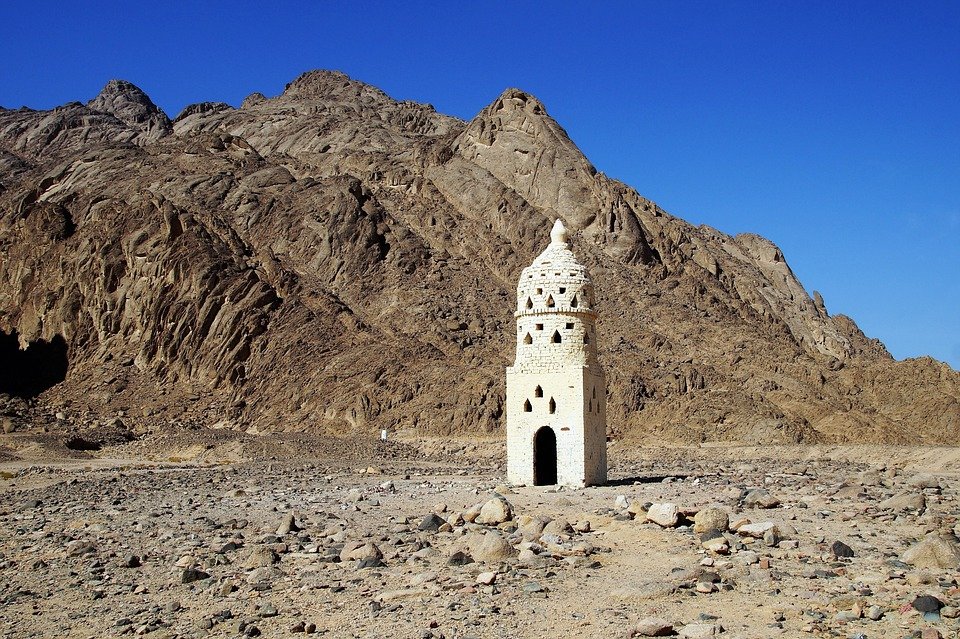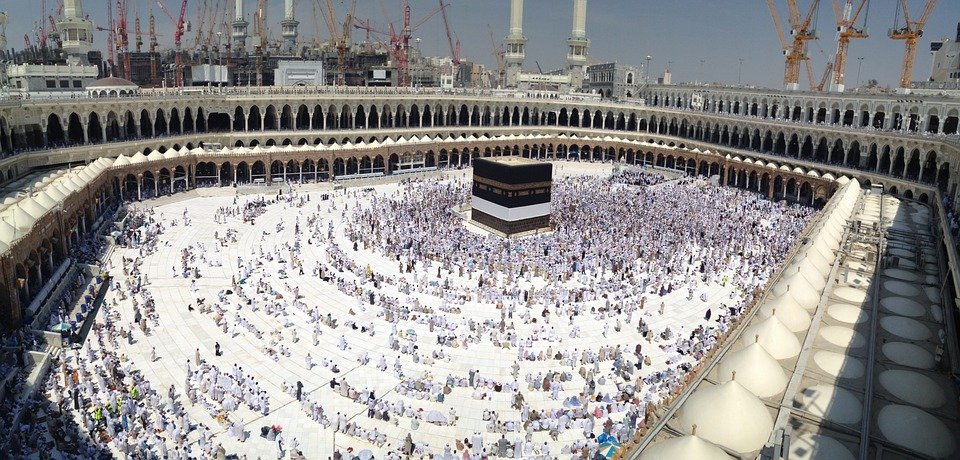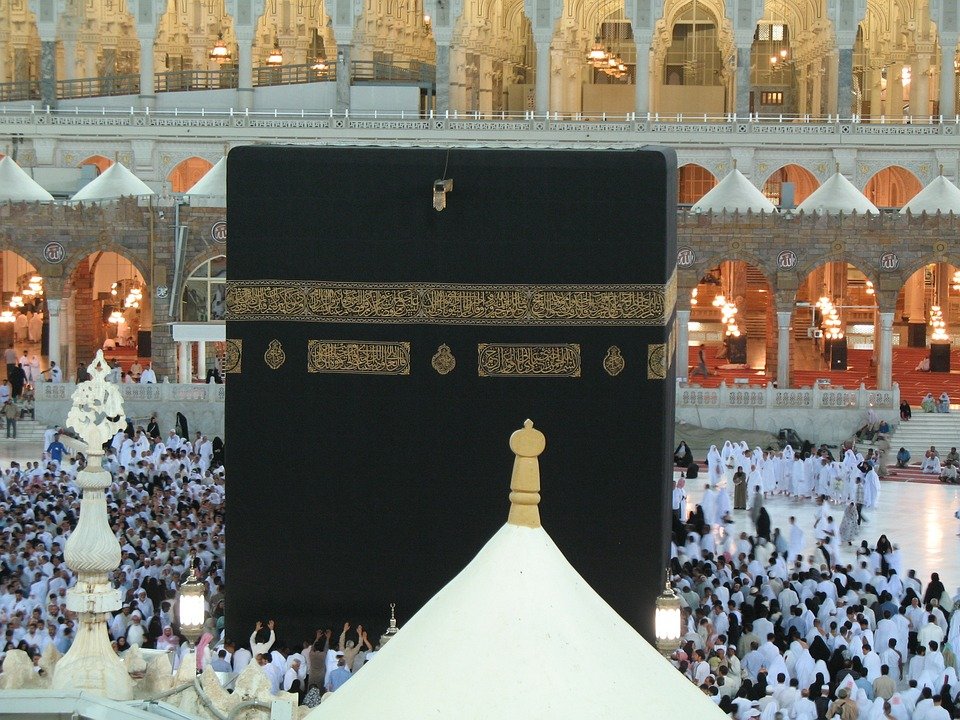Is the Hajj focused on Abraham? This question often arises as many Muslims prepare for this significant pilgrimage. In this article, I promise to provide you with a comprehensive guide on this topic, exploring the essential role Abraham plays in Hajj. You will learn not only about the rituals associated with the pilgrimage but also how they connect to the legacy of Abraham. Trust me, by the end of this piece, you will have a clearer understanding of why this connection matters to millions of believers around the world.
I believe understanding the significance of Abraham in the context of Hajj is crucial for anyone seeking insight into the pilgrimage’s spiritual essence. The traditions surrounding Hajj reflect a deep respect for Abraham, who is considered a pivotal figure in Islam. With our nine years of expertise at Airlinkhajjandumrah.com, we specialize in providing valuable information related to “The Hajj Focused on Abraham: Significance and Traditions.” Our experience in facilitating trips to Makkah and Madinah since 2016 allows us to share practical insights that will enhance your understanding of this vital spiritual journey.
The Hajj Focused on Abraham: Significance and Traditions
Understanding the Roots of Hajj
Hajj is a special pilgrimage that takes place each year in the holy city of Makkah. It’s not just any trip; it holds deep meaning for millions of Muslims around the world. At the center of this pilgrimage lies the story of Prophet Abraham, a key figure in three major religions: Islam, Judaism, and Christianity. Abraham, known as Ibrahim in Arabic, is revered for his unyielding faith and devotion. His life and actions shape many of the traditions we see during Hajj today.
One of the most significant aspects of Hajj is the Kaaba, the sacred house of worship that Muslims face when they pray. According to Islamic tradition, Abraham and his son Ishmael built the Kaaba, marking it as a place of worship dedicated to the one true God. This monumental act reflects the importance of monotheism, which is central to Islamic beliefs. Each year, millions of pilgrims come together in Makkah to follow in the footsteps of Abraham, reinforcing a tradition that dates back thousands of years.
The Essence of Faith
Faith plays a crucial role in the experience of Hajj. It’s a time for Muslims to renew their commitment to their beliefs and reflect on their spiritual journey. Many believe that Abraham’s unwavering faith in God serves as an example for all. When pilgrims perform rituals during Hajj, they often think of Abraham’s trials and triumphs. These moments provide a deeper understanding of their own faith and encourage personal reflection.
In my opinion, the rituals during Hajj, such as Tawaf, where pilgrims circle the Kaaba, symbolize unity and devotion. As they walk together, it’s as if they become part of something much larger than themselves. The experience fosters a sense of belonging and community among people from diverse backgrounds. This shared experience can be incredibly powerful, sparking emotional responses and spiritual awakenings for many.
Key Rituals Reflecting Abraham’s Legacy
The Hajj is filled with rituals that echo the life of Prophet Abraham. One key ritual is the sacrifice of an animal, known as Qurbani. This act commemorates Abraham’s willingness to sacrifice his son Ishmael in obedience to God. Just as Abraham showed his faith, pilgrims perform Qurbani to symbolize their loyalty and devotion. Sharing this meat with family, friends, and those in need emphasizes the importance of generosity and compassion in the Muslim faith.
Another notable ritual is the standing at Arafat, or Wuquf. This momentous occasion allows pilgrims to gather and pray for forgiveness and guidance. It is said that on this day, God’s mercy is abundantly granted. Reflecting on Abraham’s journey, the act of standing together, united in prayer, serves as a reminder of the importance of seeking forgiveness and striving for righteousness.
Community and Togetherness
One of the most beautiful aspects of Hajj is the sense of community it fosters. Pilgrims arrive from every corner of the globe, bringing together people of different races, cultures, and languages. This melting pot creates a unique opportunity for connection and shared purpose. I feel that this unity is essential, as it reinforces the idea that we are all equal in the eyes of God.
As we participate in Hajj, we find solace in knowing we are part of a much larger community. The laughter, tears, and camaraderie experienced during this time help solidify bonds among fellow pilgrims. In a world where divisions often seem pronounced, Hajj provides a much-needed space for understanding and compassion. It reminds us that, regardless of our backgrounds, we all strive for the same ideals of faith and devotion.
Introspection and Personal Growth
Hajj is not only a physical journey but also a time for introspection and growth. While engaging in the various rituals, pilgrims often reflect on their lives and their relationship with God. For many, this pilgrimage serves as an opportunity for renewal, pushing them to consider how they can improve their actions and attitudes. In my perspective, this self-reflection is a vital component of Hajj.
Through prayer and contemplation, individuals can find clarity in their lives. Many pilgrims emerge with a deep sense of commitment to their faith, aiming to live more purposefully. This transformative experience empowers them to share the lessons learned during Hajj with others. The impact of this personal growth extends beyond the individuals, affecting families and communities positively.
The Tradition of Halal Food
Another important aspect of Hajj related to Abraham is the emphasis on Halal food. During this pilgrimage, Muslims are encouraged to consume only Halal meals, ensuring that the food is prepared in accordance with Islamic law. This tradition reflects a commitment to purity and righteousness, mirroring Abraham’s dedication to God. Sharing meals in this way creates a sense of belonging, as pilgrims come together to break bread.
The Halal dietary law plays a considerable role in Hajj, guiding individuals to make conscious choices. By observing these rules, pilgrims not only adhere to their faith but also honor the legacy of Abraham. The act of preparing and sharing meals brings people closer, fostering friendships and community bonds. The collective experience of enjoying Halal food reinforces the importance of togetherness in the pilgrimage.
Cherishing the Lessons of Abraham
As we conclude our exploration of Hajj’s significance centered on Abraham, it’s essential to recognize the lasting lessons his life offers. From unwavering faith to compassion and community, these ideals resonate throughout the pilgrimage. The rituals performed during Hajj continue to remind individuals of the core values that Abraham espoused, shaping the spiritual journeys of millions.
Reflecting on the importance of these traditions allows us to appreciate the depth of Hajj. Through this pilgrimage, we reinforce our connection to history, spirituality, and community. In my opinion, Hajj transcends geographical borders, speaking to the essence of faith shared by so many. It invites each of us to embody the virtues taught by Abraham, reminding us that our spiritual journeys are profoundly intertwined with those around us.
Mushu, an experienced Saudi Arabia traveler and writer, shares insightful tips and spiritual reflections to enhance Hajj and Umrah journeys for fellow pilgrims. He has been to Makkah and Madina from 2016 to 2023 many times and his posts will reflect this.


